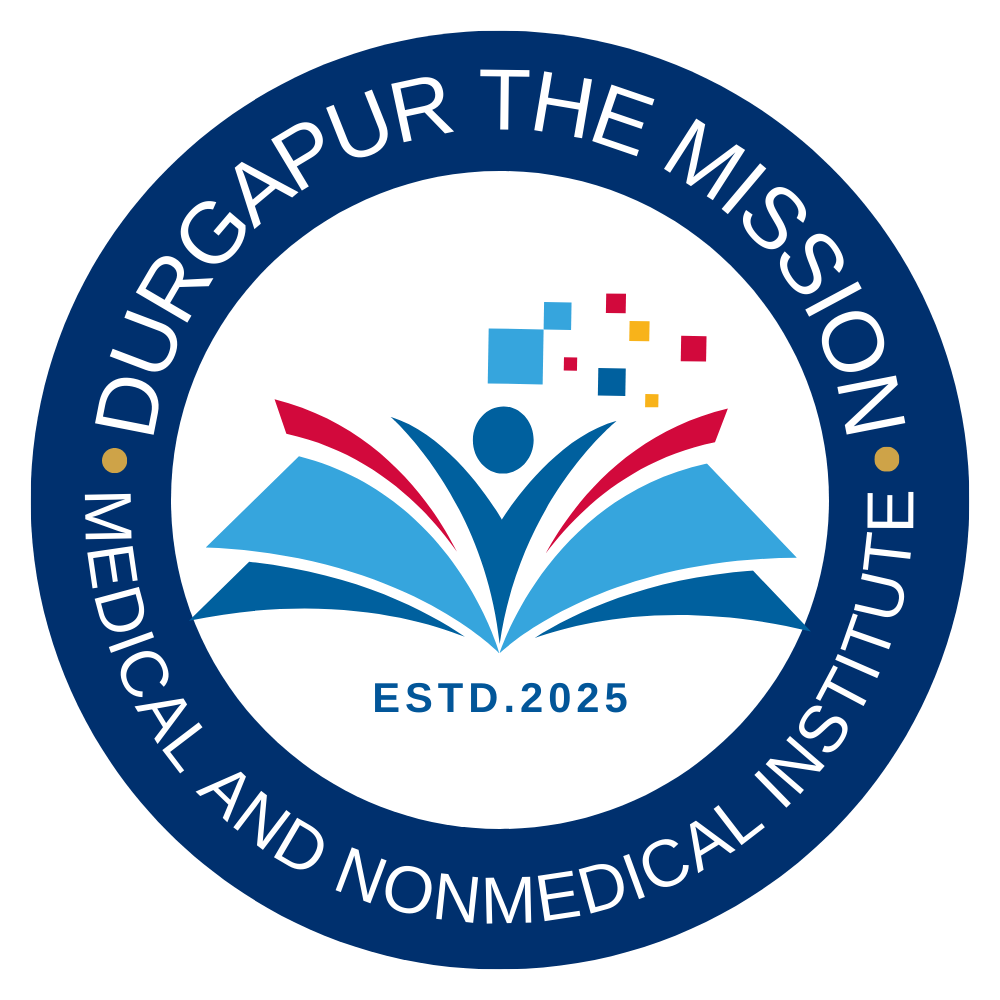Pursue Your M.A. in 2024 – A Path to Academic and Career Excellence
Are you planning to pursue a Master of Arts (M.A.) program in 2025? A well-structured M.A. program can significantly enhance your academic knowledge, research skills, and career prospects. Offered in a wide range of disciplines, these two-year postgraduate programs help students specialize in their chosen field while developing analytical, critical thinking, and communication skills.
M.A. Program Overview
Program Duration: 2 years (4 semesters)
Eligibility: A Bachelor’s degree in a relevant subject from a recognized university, usually with at least 50% aggregate marks (relaxation may apply for certain categories)
Admission Process: Merit-based or through entrance examination (depending on institution-specific guidelines)
Specializations Offered
Students can choose from a variety of disciplines such as:
English Literature
Hindi Literature
History
Political Science
Sociology
Economics
Public Administration
Journalism and Mass Communication
Fine Arts, Music, Sanskrit, Philosophy, and more
Curriculum Structure
The M.A. curriculum typically combines theoretical and practical learning:
Core Subjects in the chosen discipline
Elective Courses for deeper specialization
Seminars, Workshops, Internships, and Research Projects
Final Dissertation or Thesis based on independent research
Why Choose an M.A. Program?
In-depth Subject Knowledge: Explore advanced topics, theories, and methodologies.
Research and Analytical Skills: Gain the ability to critically analyze complex issues.
Practical Exposure: Internships and training modules prepare you for real-world applications.
Career Flexibility: Opens doors to multiple sectors such as education, civil services, journalism, research, and social development.
Foundation for Higher Studies: Acts as a stepping stone toward M.Phil. or Ph.D. programs.
Career Opportunities After M.A.
Graduates can explore a wide range of career paths, including:
Teaching and Academia
Civil Services and Government Jobs
Media and Journalism
Public Relations and Communication
Research Organizations and Think Tanks
NGOs and Social Work
Corporate Sector Roles in HR, marketing, and administration
General Admission Process (2025)
Online Application: Fill out the application form on the institution’s portal.
Application Fee Payment: Submit the fee online.
Merit/Entrance Exam: Appear for a selection test if applicable.
Counseling and Specialization Choice: Choose your subject during the counseling phase.
Document Verification and Final Admission: Submit documents and pay the admission fee.
Online Application: Fill out the application form on the institution’s portal.
Application Fee Payment: Submit the fee online.
Merit/Entrance Exam: Appear for a selection test if applicable.
Counseling and Specialization Choice: Choose your subject during the counseling phase.
Document Verification and Final Admission: Submit documents and pay the admission fee.
Sample Syllabus (Subject-wise Snapshot)
M.A. in English
Literary Criticism and Theory
British, American, and Indian Literature
Linguistics and ELT
M.A. in History
Ancient to Modern Indian History
World History
Historiography & Archaeology
M.A. in Political Science
Political Theory
International Relations
Comparative Politics
M.A. in Sociology
Indian Society & Culture
Gender Studies
Development and Social Change
M.A. in Economics
Micro & Macro Economics
Public Finance
International & Development Economics
Note: The syllabus may vary based on the institution and specialization.
Frequently Asked Questions
Q1: What is the basic eligibility for an M.A. program?
A: A Bachelor’s degree in a related discipline with a minimum percentage (usually 50%).
Q2: Is there an entrance exam for admission?
A: Some institutions conduct entrance tests, while others may offer admission based on merit.
Q3: What documents are required during admission?
A: 10th, 12th, and graduation mark sheets, ID proof, passport-sized photos, and application fee receipt.
Q4: What is the program duration?
A: 2 years, divided into 4 semesters.
Q5: What are the future prospects after an M.A.?
A: Career roles in education, research, government services, media, NGOs, and further studies like Ph.D.
Final Thoughts
Enrolling in an M.A. program in 2024 is an excellent step toward personal, academic, and professional development. The right program will not only deepen your subject understanding but also equip you with valuable skills for a wide range of career paths.

